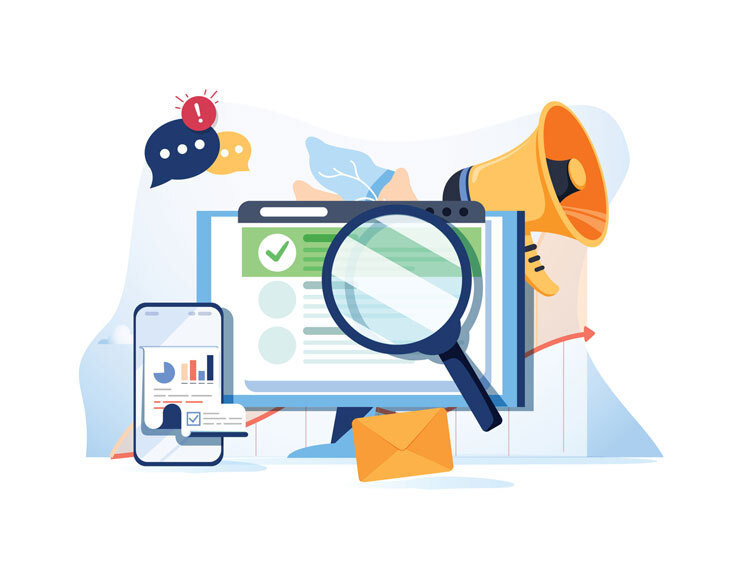An Introduction to Digital Marketing for Small Businesses
Digital marketing entails using digital channels to market your products and services and reach your consumers. For example, to engage with present and potential customers, businesses might use digital channels such as search engines, social media sites, email, and other websites.
Regardless of the company’s size, a digital marketing strategy is an integral aspect of the total marketing mix. This article will present an introduction to digital marketing for small businesses.
Identifying a Strategy
Examine your consumers’ internet habits to see where they spend their time in an online space. Your client base may vary in the digital space. Then, based on observed trends, strategize. It is essentially a trial and observation process; some strategies may fail, but eventually, you will find one that works best for your business.
Your money will be a significant consideration when determining which digital marketing strategy to follow. From your research and observed trends, try to devise a monetary plan, evaluate which approaches are most effective with your target audience, and ensure you’re getting a good ROI (return on investment).
SEO Marketing
Search engine presence is critical for every small business. People use search to find things both online and in-person, and so your business can’t rank high in search results if it lacks keywords related to what you’re selling.
Paid advertising is an excellent method to acquire fast awareness and highly focused visitors, but it’s also essential to concentrate on your organic visibility in the long run. It is best to invest in getting external help for SEO services, as it involves complex tactics and hands-on involvement. Someone with experience in the field can help gain online traffic for your company faster. Although, that being said, it is not impossible to learn the tricks yourself if you can afford to put in the time and effort!
PPC Marketing
Pay-per-click (PPC) advertising could be a helpful tool for your small business, and it should be something you consider if you want to reach out to your customers and stay competitive online.
The degree of control you have over how your budget is spent is one of the most prominent advantages of PPC marketing. You have the ability to select a specified budget, control your target audience or keywords, and change your bid per click amount.
You’ll also get real-time reporting and visibility into how your money is spent. This may include gaining insight into specific areas and devices that work better, demographics of users who engage with your ad more frequently, or high-performing phrases.
Social Media Marketing
Businesses may connect directly with consumers who are interested in their brand via social media, which is a free and simple tool. This makes social media a valuable medium for small businesses focusing on community and individual customers to interact directly with an audience and increase brand exposure and loyalty.
As long as you actively post on social media pages, marketing via social media is simple. Facebook, Twitter, Instagram, LinkedIn, and Pinterest are some of the most popular social networking platforms. Set a schedule for engaging with your followers on social media to make it more productive for your business.
Conclusion
If you own a small business, you must consider the digital marketing domains listed above. Make a strategy that works for you and your company and incorporate it into your other marketing efforts. It is always beneficial to converge traditional marketing methods with digital marketing in SMBs.




 +91 8277203000
+91 8277203000
